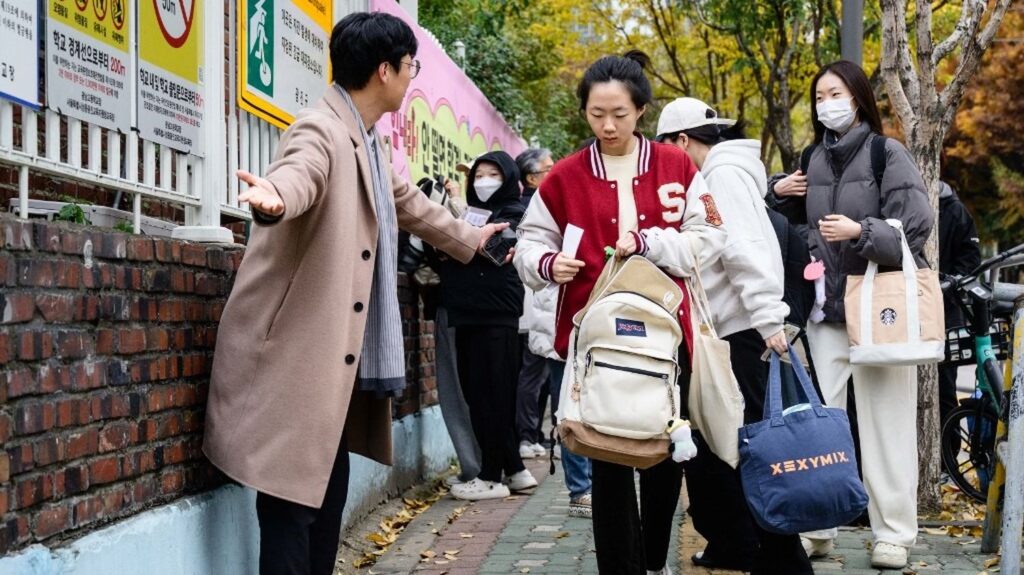South Korea is worried about its young people who decide to take a break from their professional life and voluntarily stop looking for a job. Despite their very good diplomas, there are now hundreds of thousands in this situation.
Published
Updated
Reading time: 2min
/2025/11/19/coree-dusud-691d8b925fc8a274060539.jpg)
According to statistics from October 2025, South Korea now has 736,000 young people officially “on rest”. A number that has exploded since the Covid crisis. These are not unemployed people actively looking for work or executives who have taken sabbatical leave. These are really people aged between 20 and 39 who have given up on the idea of working. Most have good degrees, many even graduated from major universities in Seoul.
Disappointed with their last job and exhausted at the thought of interviewing for a new position, they explain that they are on an indefinite break. They especially point to the very poor salaries, the pressure from the hierarchy or the climate between work colleagues. A form of burn-out for these young Koreans who also feel that they are not rewarded for all these years spent in an ultra-competitive Korean education system, where they had to cram at school then in support classes every evening and even on weekends.
For sociologists, it is almost a passive rebellion.
On an individual level, despite tensions in families, these young people taking a break are not a problem. But, on a national scale, it is more difficult. While the country is already experiencing a terrible demographic collapse, these young people represent lost executives for large companies and also less economic activity.
The Federation of Korean Industries has made a calculation. She estimates that these young people on rest have cost the Korean economy more than 44,000 billion won between 2019 and 2023, or around 27 billion euros.
The Korean government assures that teams from the Ministry of Labor will try to create a direct dialogue with each of these young people on leave to find a suitable solution and get them back into the job market one by one. Civil servants are now offering sessions to gently reintroduce them, virtually, to business communication and collaborative working, without any stress.


